June 10, 2025 | 19:47 GMT +7
June 10, 2025 | 19:47 GMT +7
Hotline: 0913.378.918
June 10, 2025 | 19:47 GMT +7
Hotline: 0913.378.918
Brazil’s Official Gazette has published an announcement from the Ministry of Agriculture, Livestock and Food Supply (MAPA) that officially lifts the suspension on the import of Vietnamese tilapia, according to the Vietnam Trade Office (Brazil). This is one of the most tangible and early results both parties have achieved in implementing the 2025–2030 Action Plan. The plan’s objective is to facilitate the comprehensive and substantive development of the Strategic Partnership between the two countries and positively contribute to the development efforts and the interests of both peoples.
MAPA concluded that the risk of importing tilapia fillets is negligible, as the likelihood of exposure is considered insignificant, based on an Import Risk Analysis (IRA) conducted following warnings from Brazil’s fisheries sector in 2024 regarding the potential introduction of the TiLV virus through fish imports, including tilapia. Whole tilapia are typically subject to management measures, and the likelihood of exposure is extremely low.
Meanwhile, MAPA observed that Brazil revised the procedure for establishing health requirements for importing fresh, chilled, or frozen fish and gutted fish from aquaculture intended for human consumption in 2020. These requirements are technically sound and consistent with the Aquatic Animal Health Code of the World Organization for Animal Health (WOAH).
In February 2024, MAPA announced a provisional suspension of fish imports from Vietnam, including tilapia, to reevaluate its current sanitary inspection procedures in response to the potential risks of Tilapia Lake Virus (TiLV) transmission. TiLV is a highly contagious and infectious disease in fish. The decision also cited industrial practices deemed “non-compliant with Brazil’s health standards.”
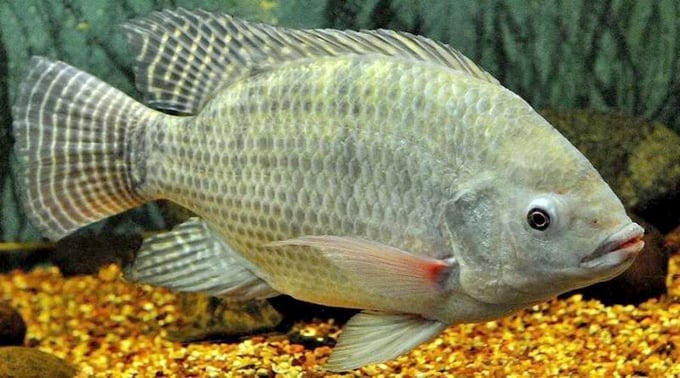
Brazil lifts ban on Vietnamese tilapia imports. Photo: NNVN.
The Vietnam Trade Office in Brazil has stated that the forthcoming negotiations between Vietnam and Brazil will focus on the final technical steps necessary for Brazil to permit the import of all types of pangasius fillets by internationally recognized standards and practices. In exchange, Vietnam will allow Brazilian cattle products to enter its market. In the near future, negotiations will persist regarding Brazilian bovine offal and a variety of Vietnamese shrimp (including whole, non-heat-treated shrimp).
The Trade Office determined that the reopening of the Brazilian market for Vietnamese tilapia and the ongoing discussions on pangasius present significant possibilities for Vietnamese seafood exporters in light of the urgent need for Vietnamese exports to identify alternative markets and the global uncertainties. This development is expected to boost overall export turnover, help gradually balance the trade deficit, and raise bilateral trade to USD 15 billion by 2030.
However, meeting the technical requirements to reopen the market is merely the initial phase. Seafood processing facilities eligible for export to Brazil must proactively update, study, and rigorously adhere to all relevant regulations during production and processing to export to the Brazilian market.
Translated by Linh Linh

(VAN) China's outbound shipments of rare earths in May jumped 23% on the month to their highest in a year, though Beijing's export curbs on some of the critical minerals halted some overseas sales.

(VAN) To sustain capital flow, administrative reform alone is not enough; what farmers truly need is an ecosystem where both government and businesses grow together in support.
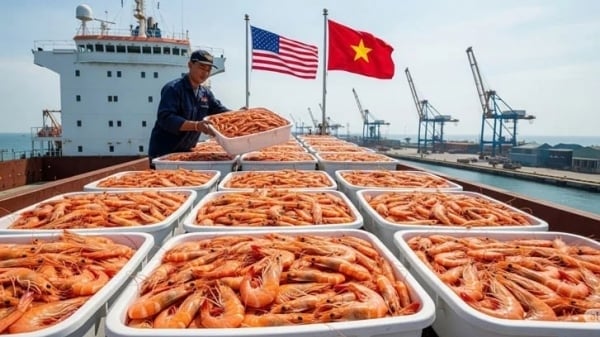
(VAN) Vietnam and the United States are proactively working together, each in their own way, to ensure that every container of agricultural goods carries not just products, but also long-term trust and value.
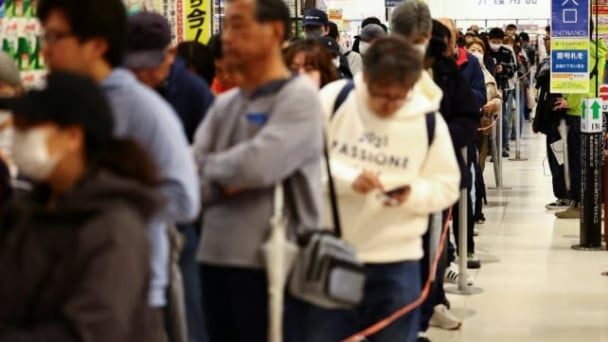
(VAN) Stores have started selling rice from the government’s stockpile to feed demand for the staple.
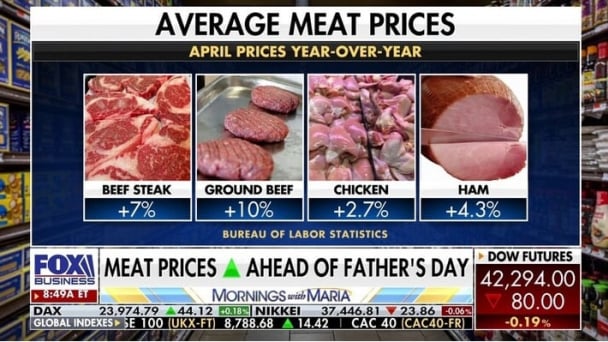
(VAN) Omaha Steaks CEO says rebuilding cattle herds will take about a year to ease price pressures.
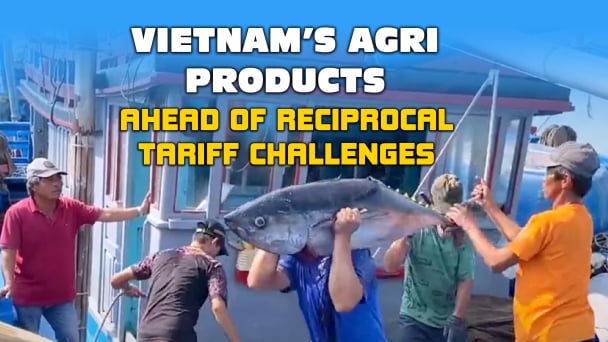
(VAN) Reciprocal tariffs and recent NOAA rulings are presenting substantial obstacles for Vietnamese tuna exporters in the U.S. market. As a result, the industry is actively seeking alternative export destinations.
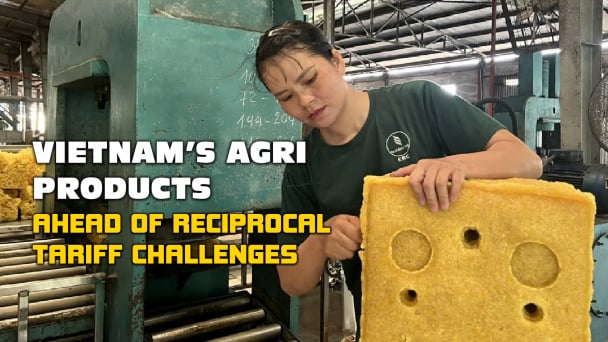
(VAN) Although the U.S. holds a small share of Vietnam’s rubber exports, newly imposed reciprocal tariffs are expected to impact the sector. Vietnamese enterprises must optimize the use of significant markets and free trade agreements.